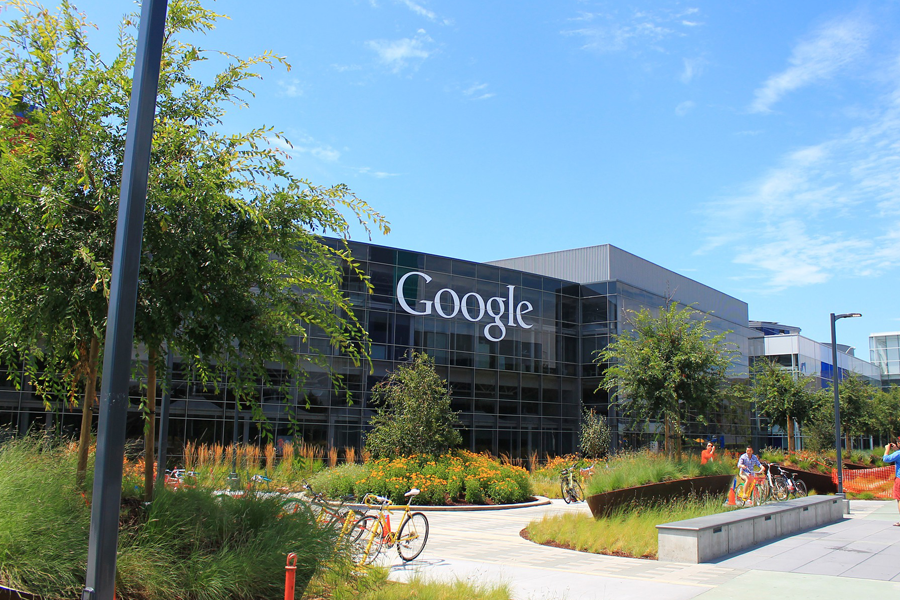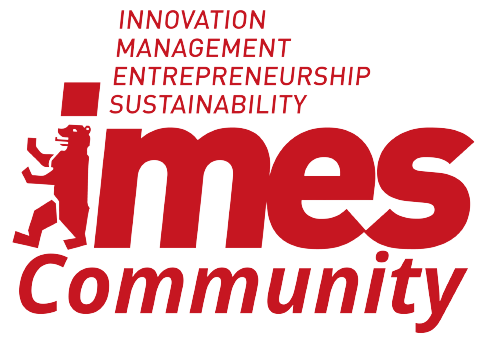Interview with Maria Peeva

A: Is there anything you would like to share with prospective and current IMES students?
M: Be a part of all the events outside of your regular study program. I took part in a summer school in Moscow and then the Climate-KIC summer school and it was great. Do as much as you can with your fellow students and work together with them. Especially in times of conflict and stress, you will definitely learn. It paid off, since now we are a wonderful network of supportive friends.
A: You moved a lot after your studies. How come?
M: I already moved, while writing my master thesis. I went to Edinburgh, since I heard that their market for green technology is developed and I wanted to work in this field. Everyone told me that I won’t be successful since I only have a background in finance. It was not easy, so I initially took a job in finance there. But I didn’t stay for long.
A: What happened then?
M: During my studies, I have done volunteer work for Climate-KIC by supporting startups in the clean technology sector. Back then, in those communities, I felt a sense of belonging. Later, in Edinborough, I realized that I needed to be back in those communities and I immediately quit my finance job.
A: Without having a new job contract after?
M: Yes, I just had to do it. But I was also harshly confronted with reality at that point. During my IME studies, we were often told that we are exceptional talents and therefore I thought, that my change would be way easier. After moving back home and then to Berlin, I have heard that Climate-KIC is looking for someone in Utrecht. I applied, got accepted and my decision of change finally paid off.
A: But this also wasn’t it for you?
M: It was a good job, I liked it. It just became kind of repetitive. I also was thinking about starting my business back then, but I didn’t find the right people for it. Now I have a family, a kid. This is my own start up. You anyway shouldn’t feel pressured by starting a business as early as possible. You need time to acquire ideas, skills and knowledge. You need time to mature.
A: Now your work at Google.
M: I have applied for a job at Google straight after my IME studies. It has always been my dream back then, but I didn’t even get an answer. I come from an IT family, so I grew up with all the stories about the greatness of Silicon Valley and all its companies. 6 years later, all out of a sudden I received a LinkedIn message with a job announcement attached to it. It looked kind of sketchy to me, but I applied on the next day. The position’s requirements met my skills and experiences perfectly. Then I had an interview. And then I got the job.
A: So how does your job look like at Google?
M: I support the European user insights team of Google Assistant. We collect feedback and reports within the European area for adapting Google Assistant to the needs of Europeans. The data that we have collected and prepared then goes on to the product team in the US.
A: How is it to work at Google?
M: Google is not a startup anymore, it is a global corporation. The majority of innovation is still coming from the US. Here in Dublin, we adapt it to European markets. The campus here is great. We have six buildings with a gym, swimming pool, several canteens. What’s also great, is that I can work on other projects and with other teams if I like. Google really wants to support and promote every employee. Supervisors actually help you and there are seminars and workshops for us with titles as “search inside yourself”, “agile working” and “scrum”.
